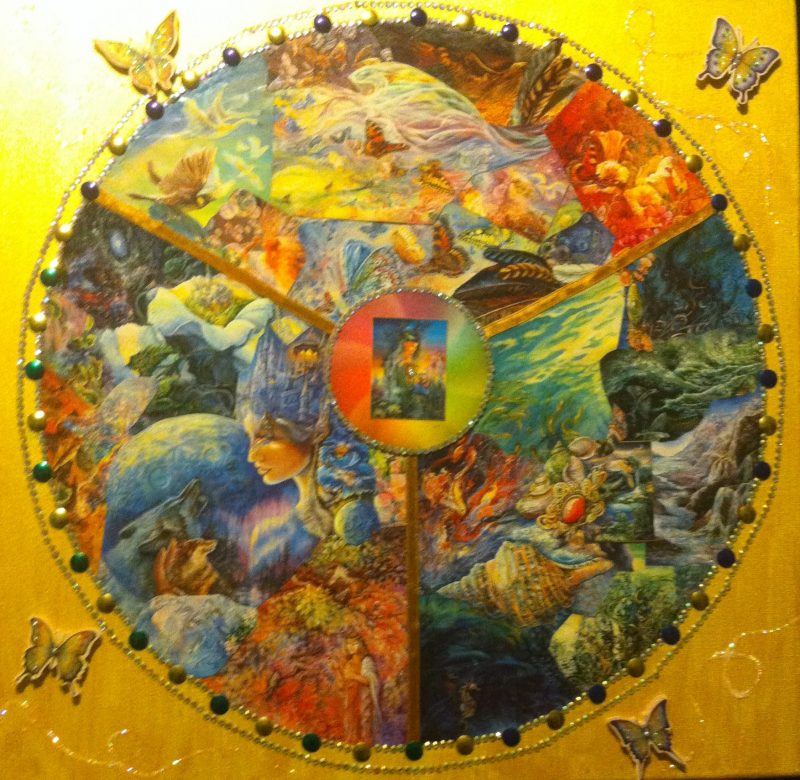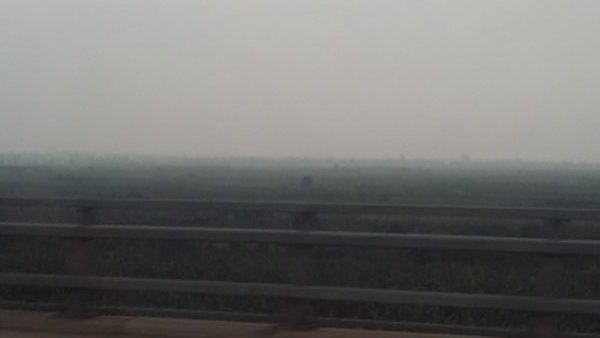
Stories can be the key to recovery from writer’s block
I wrote a while back about having writer’s block and not realising I did. It’s often hard to see what’s going on when you’re in the middle of it. Things are definitely better now. My first book is coming out in four weeks. A children’s story is going to be in an anthology by Christmas Press. I have appearances lined up at Continuum, the Historical Novel Society of Australasia Conference and the Bendigo Writers Festival. Best of all, I have many ideas for stories.
A year ago I wasn’t feeling so optimistic. I used the word ‘burnout’ a lot. Someone else looking at it might have called it writer’s block. I didn’t feel like writing. The ideas weren’t there. Partly this was probably an inevitable result of completing a PhD – 4 years of stress and pressure leave you feeling pretty drained. Most of my fellow students had some kind of emotional, physical or mental crash at the end of the process.
The other issue, though, was that I felt my stories didn’t matter. In my thesis I had argued for the importance of stories in changing how we see and respond to the world, and particularly climate change. One of my examiners completely ridiculed my ideas. I had also written a young adult novel as part of the PhD. This examiner’s entire response to the novel was ‘this novel is of PhD standard’. That was it. Seventy thousand words, years of my life, went into that manuscript, and all he wrote was one sentence, whilst simultaneously spending page after page ripping apart the arguments in the academic component. I was shattered.
It took me a long time to hit upon the solution. I nearly gave up writing altogether. But in the Princess Bride, when things look darkest, the Spaniard, Inigo Montoya, goes back to the beginning. So I did too. I asked myself why I started  writing in the first place. The answer lay in the wonderful books that I’d read in primary school, and the incredible authors who had transported me to other worlds. No matter what some jaded academic said, I knew stories matter. They made a difference to me as a child. So I used the healing power of stories to restore my wonder and to reawaken my creative imagination. I visited old friends, like Susan Cooper‘s Dark is Rising series and everything by Diana Wynne Jones. I made new friends, like Derek Landy’s brilliant Skulduggery Pleasant series.
writing in the first place. The answer lay in the wonderful books that I’d read in primary school, and the incredible authors who had transported me to other worlds. No matter what some jaded academic said, I knew stories matter. They made a difference to me as a child. So I used the healing power of stories to restore my wonder and to reawaken my creative imagination. I visited old friends, like Susan Cooper‘s Dark is Rising series and everything by Diana Wynne Jones. I made new friends, like Derek Landy’s brilliant Skulduggery Pleasant series.
When you spend a lot of time studying writing and talking with writers, stories can lose their magic. And they shouldn’t. Stories can transform. By approaching stories with the openness and wonder of a new reader, I found a way to heal and restore myself. And stories re-entered my life.

